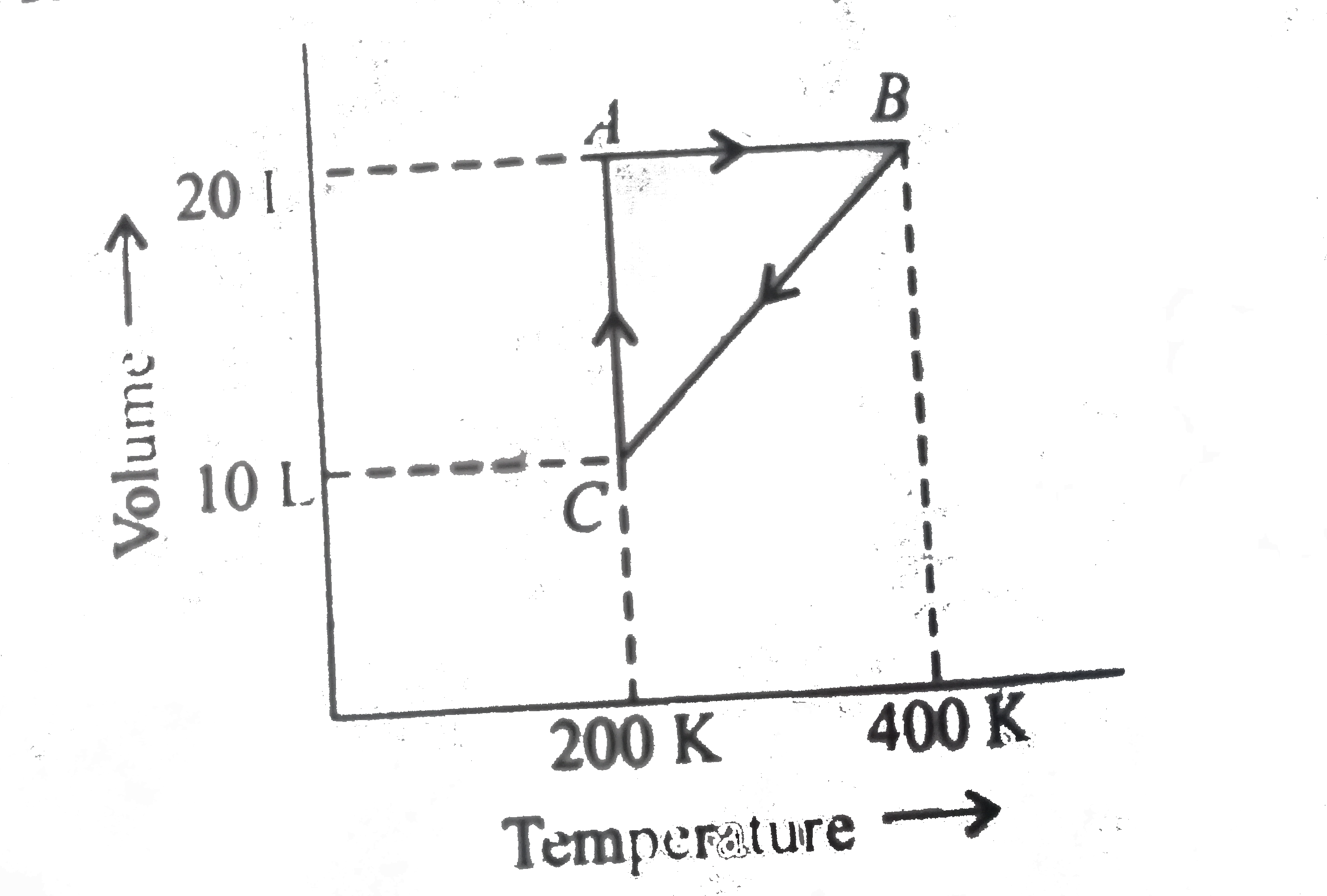If P be the sum of odd terms and Q be the sum of even terms in the expansion of , then is
(i)
(ii)
(iii)
(iv)
The correct Answer is:C
To solve the problem, we need to find the expression for (x+a)2n+(x−a)2n in terms of the sums of the odd and even terms P and Q from the expansion of (x+a)n.
1. Understand the Expansion:
The binomial expansion of (x+a)n is given by:
(x+a)n=n∑k=0(nk)xn−kak
The terms where k is odd contribute to the sum P and where k is even contribute to the sum Q.
2. Expansion of (x+a)2n and (x−a)2n:
We can write:
(x+a)2n=2n∑k=0(2nk)x2n−kak
(x−a)2n=2n∑k=0(2nk)x2n−k(−a)k
3. Adding the Two Expansions:
When we add these two expansions:
(x+a)2n+(x−a)2n=2n∑k=0(2nk)x2n−kak+2n∑k=0(2nk)x2n−k(−a)k
The odd terms (where k is odd) will cancel out, and we will be left with:
=2∑k even(2nk)x2n−kak
This sum represents 2Q (the sum of even terms).
4. Using P and Q:
From the previous steps, we can express:
(x+a)2n+(x−a)2n=2Q
5. Finding P and Q:
We know:
P=(x+a)n+(x−a)n2
Q=(x+a)n−(x−a)n2
6. Calculating PQ:
We can find PQ as:
PQ=((x+a)n+(x−a)n2)((x+a)n−(x−a)n2)=(x+a)2n−(x−a)2n4
7. Final Expression:
Therefore, we have:
(x+a)2n+(x−a)2n=4PQ
Conclusion:
The correct answer is:
(iv) 4PQ
The binomial expansion of (x+a)n is given by:
(x+a)n=n∑k=0(nk)xn−kak
The terms where k is odd contribute to the sum P and where k is even contribute to the sum Q.
We can write:
(x+a)2n=2n∑k=0(2nk)x2n−kak
(x−a)2n=2n∑k=0(2nk)x2n−k(−a)k
When we add these two expansions:
(x+a)2n+(x−a)2n=2n∑k=0(2nk)x2n−kak+2n∑k=0(2nk)x2n−k(−a)k
The odd terms (where k is odd) will cancel out, and we will be left with:
=2∑k even(2nk)x2n−kak
This sum represents 2Q (the sum of even terms).
From the previous steps, we can express:
(x+a)2n+(x−a)2n=2Q
We know:
P=(x+a)n+(x−a)n2
Q=(x+a)n−(x−a)n2
We can find PQ as:
PQ=((x+a)n+(x−a)n2)((x+a)n−(x−a)n2)=(x+a)2n−(x−a)2n4
Therefore, we have:
(x+a)2n+(x−a)2n=4PQ
The correct answer is:
(iv) 4PQ
Topper's Solved these Questions
- BINOMIAL THEOREMBook:ICSEChapter:BINOMIAL THEOREMExercise:EXERCISE 13 (a)
Explore 27 Videos
- BINOMIAL THEOREMBook:ICSEChapter:BINOMIAL THEOREMExercise:EXERCISE 13 (b)
Explore 33 Videos
- BINOMIAL THEOREMBook:ICSEChapter:BINOMIAL THEOREMExercise:CHAPTER TEST
Explore 14 Videos
- BASIC CONCEPTS OF POINTS AND THEIR COORDINATESBook:ICSEChapter:BASIC CONCEPTS OF POINTS AND THEIR COORDINATESExercise:CHAPTER TEST
Explore 2 Videos
- CIRCLEBook:ICSEChapter:CIRCLEExercise:CHAPTER TEST
Explore 11 Videos
Similar Questions
If P be the sum of odd terms and Q be the sum of even terms in the expansion of (x+a)n, prove that
(ii) 4PQ=(x+a)2n−(x−a)2nand
View SolutionIf A be the sum of odd terms and B be the sum of even terms in the expansion of (x+a)n, prove that A2−B2=(x2−a2)n
View SolutionIf P be the sum of odd terms and Q be the sum of even terms in the expansion of (x+a)n, prove that
(i) p2−Q2=(x2−a2)n
View SolutionIf P be the sum of odd terms and Q be the sum of even terms in the expansion of (x+a)n, prove that
(iii) 2(P2+Q2)=(x+a)2n+(x−a)2n.
View SolutionIf P and Q are the sum of odd terms and the sum of even terms respectively in the expansion of (x+a)n then prove that
P2−Q2=(x2−a2)n
View SolutionIf the sum of odd terms and the sum of even terms in the expansion of (x+a)n are p and q respectively then p2+q2=
View SolutionIf A and B are the sums of odd and even terms respectively in the expansion of (x+a)n then (x+a)2n−(x−a)2n=
View Solution
The pressures at A and B in the atmosphere are, respectively,
View SolutionIf the sum of odd terms and the sum of even terms in (x+a)n are p and q respectively then p2+q2=
View SolutionIf A and B respectively denote the sum of the odd terms and sum of the even terms in the expansion of (x+y)n, then the value of (x2−y2)n, is equal to
View Solution